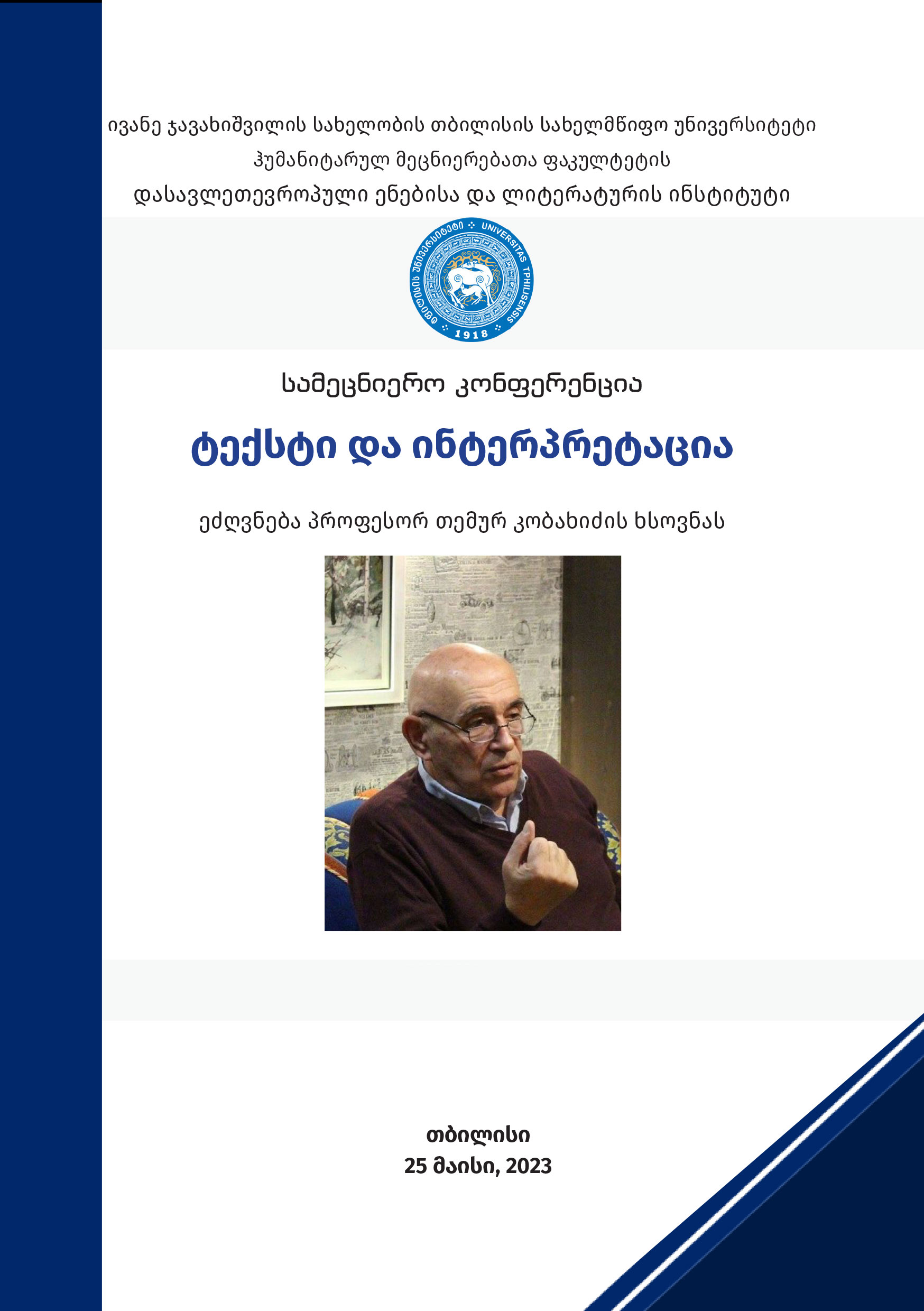Hamlet in T.S Eliot’s Interpretation
DOI:
https://doi.org/10.55804/jtsu-2960-9461-2023-8Keywords:
Eliot, Essays, “Hamlet”, InterpretationAbstract
T.S. Eliot’s critical essays have great importance in the process of creating the writer’s literary works and, in general, in establishing the characteristics of modernist writing techniques. In addition, Eliot’s theoretical works written in different years show the change in his way of thinking and make it possible to perceive his approaches differently. On the one hand, we can consider that his criticism of specific writers and individual literary works is extremely unfair and subjective. However, we must notice that the negative evaluations and opinions he deserved pushed him to propose new approaches to the discussed issues with endless interpretations. As Eliot wrote in another new essay dedicated to Shakespeare in 1927, It is better to change your way of being wrong than be the same way wrong.
The 1919 essay "Hamlet and His Problem" is an example of such inappropriate criticism. In fact, the new term ‘objective corelative’ makes it more attractive than the approach itself. It should be noticed that by accusing Shakespeare of expressing subjective emotions and declaring Hamlet a failure, he doesn’t stop discussing the play and interpreting it in his literary works. In a way, the essays of the following years and his practical usage of Hamlet explain the reasons for his attitudes. We should seek these reasons in the form of expressing ‘horrible’ accepted by the Modernist writers.
Along with the explanation of the play and Shakespeare’s attempt, the terms established in Eliot’s literary works should be considered. His theory doesn’t remain an impractical theory; Eliot uses it in the writing process. When we are looking for the reasons for the criticism directed at "Hamlet", the following terms must be named: ‘Objective Correlative’, ‘Poetic Meditation’, and ‘Self-dramatization of a Hero’. After many attempts, in the essay "Shakespeare and the Stoicism of Seneca," Eliot identifies Hamlet’s different level of consciousness, personality and the existence of different philosophical viewpoints. By connecting Shakespeare's characters with Senecan drama, identifying Machiavelli and Montaigne’s opinions, and considering Elizabethan drama itself, Eliot frees Hamlet from the accusation of expressing Shakespeare’s pains and comes to ‘the Theory of Impersonality’.
The paper discusses "Selected Essays" written by T.S. Eliot. The essays from different years highlight various interpretations of criticism directed at the play "Hamlet". To outline the practicality of Eliot’s literary theory, the paper analyses the usage of Hamlet as a character and the purpose of allusions in the writer’s literary works. The main analysis is devoted to "A Love Song of J. Alfred Prufrock". Also, the episodes of "Burbank", and "The Waste Land" are discussed. Professor T. Kobakhidze has played a major role in Eliot’s literary works research process in Georgian reality. His monograph "T.S. Eliot and the Aesthetics of High Modernism" is used to identify the purpose of Eliot’s allusions taken from the play Hamlet according to modernist writing techniques. In addition, the paper summarizes the specific subjective reasons for Shakespeare’s criticism at an earlier stage of Eliot’s career.

